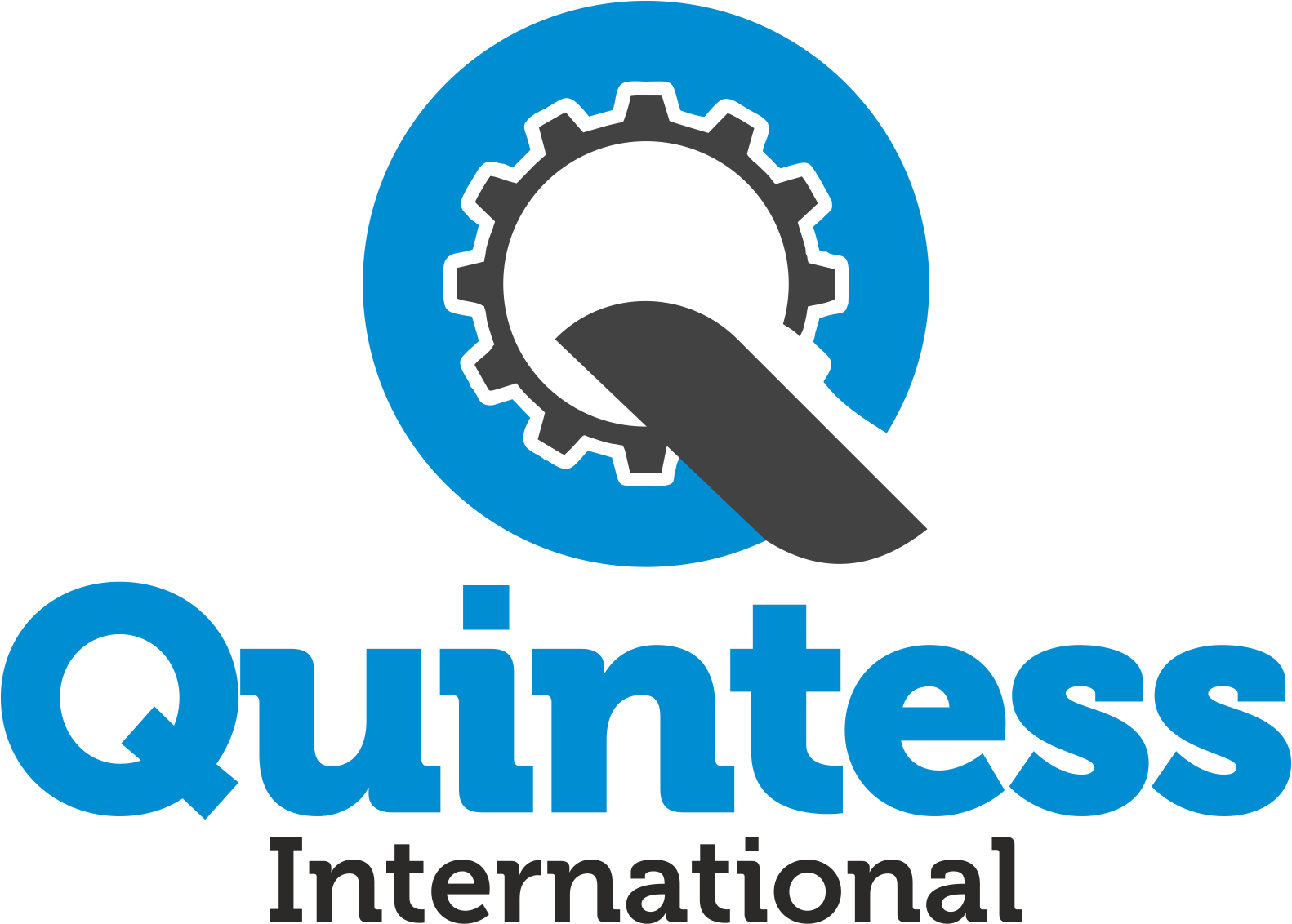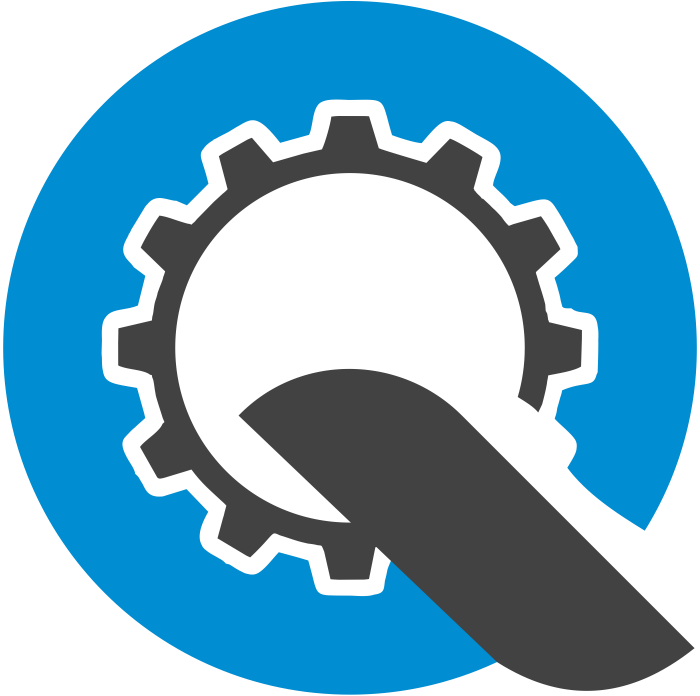Nigeria, often referred to as the giant of Africa, has long been a hub for industrial and automotive activities in West Africa. From bustling ports and trade routes to a growing agricultural and logistics sector, the country’s demand for reliable engine components is on the rise. One such vital component is the cylinder liner—a key part in internal combustion engines that protects the engine block and ensures smooth piston movement. As Nigeria’s infrastructure and vehicle usage continue to grow, the market for cylinder liners is emerging as a niche but essential sector, drawing the attention of both local distributors and international exporters.
The current market for cylinder liners in Nigeria is largely import-driven, with most parts sourced from India, China, Turkey, and occasionally European manufacturers. In recent years, the market has witnessed a steady rise in demand, particularly from the automotive aftermarket, agricultural machinery users, and diesel generator service companies. While hard statistics are often fragmented, industry estimates suggest a 7–10% annual growth in liner imports as engine repairs and overhauls become more common. Cast iron liners remain the most in-demand, particularly those compatible with high-duty diesel engines in commercial trucks, which dominate Nigeria’s road transport sector.
Market Size and Current Trends
-
Estimated market size and volume of cylinder liner imports and consumption (2024–2025).
-
Common engine types and liner specifications in demand (e.g., cast iron vs. chrome-plated).
-
Rise in local remanufacturing and aftermarket services.
Key Application Sectors Driving Demand
-
Automotive (Commercial Vehicles): Trucks, buses, and pickups dominate liner demand.
-
Agriculture: Use of cylinder liners in tractors and irrigation engines.
-
Power Generation: Generators used in homes, SMEs, and industries.
-
Marine: Small-scale coastal and inland waterway engines.
Supply Chain Dynamics
-
Major countries exporting cylinder liners to Nigeria (e.g., China, India, Turkey).
-
Local importers and distributors – how the liner reaches the final customer.
-
Role of Lagos, Kano, and Onitsha as key distribution hubs.
Challenges in the Nigerian Market
-
Low quality or counterfeit parts flooding the market.
-
Lack of standardization and testing facilities.
-
Import dependency and forex fluctuation impact on pricing.
-
Limited awareness of preventive engine maintenance.
Nigeria’s regulatory framework also plays an influential role. The Standards Organisation of Nigeria (SON) is tasked with ensuring imported components meet minimum quality benchmarks, though enforcement is uneven. Additionally, trade policies related to the African Continental Free Trade Area (AfCFTA) could reshape how cylinder liners and other auto components flow into Nigeria and across neighbouring markets. While local manufacturing of liners is still in its infancy, the government has signalled interest in encouraging local content and industrialization through various policy incentives.
Looking ahead to 2025 and beyond, the Nigerian cylinder liner market is poised for evolution. As more fleet owners, mechanics, and engine rebuilders shift toward quality and reliability, there is likely to be a greater emphasis on product standards and training. Furthermore, digitalization of the auto parts supply chain—through e-commerce platforms and digital catalogs—is helping importers reach wider audiences and streamline inventory management. In the long term, we may also see investment in local machining and reconditioning facilities to serve not only Nigeria but the broader West African market.
Conclusion
Nigeria’s cylinder liner market, though relatively niche, is strategically important within the larger engine components and spare parts ecosystem. With increasing vehicle population, rising industrial usage, and ongoing infrastructure development, the need for reliable engine parts like liners is only set to grow. For stakeholders—whether you’re a manufacturer, importer, fleet operator, or service provider—now is the time to explore new partnerships, invest in quality, and position yourself for growth in this promising market.


